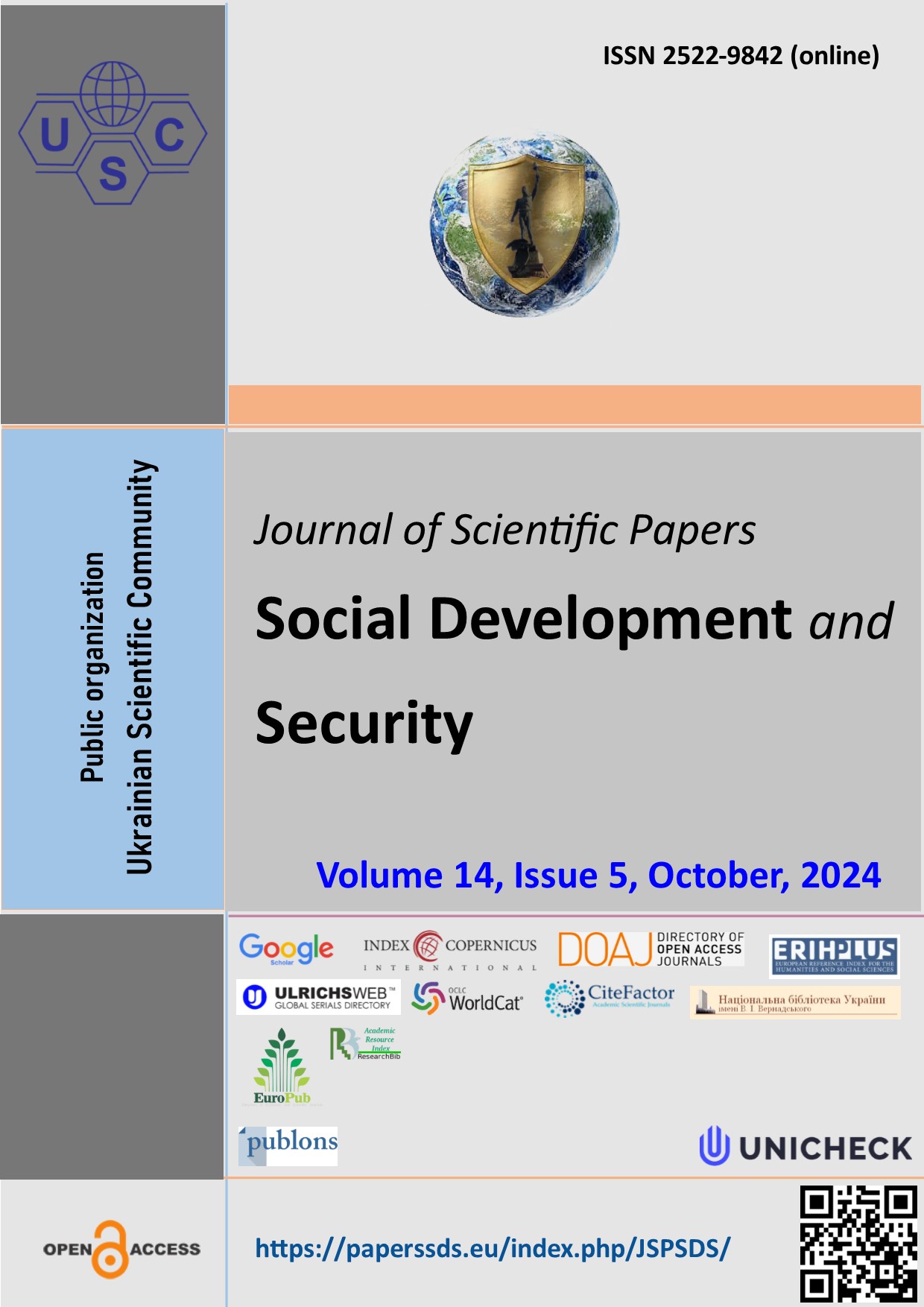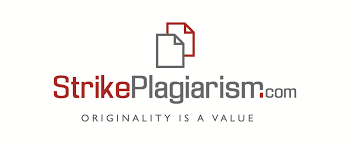Problems of the implementation process of state secret protection in Ukraine
Abstract
The purpose of the work: analysis of the existing regulatory and legal framework in Ukraine regarding the protection of state secrets, identification of problematic aspects and development of recommendations for their elimination
Method: analytical and comparative.
Research results: an analysis of the regulatory framework in the field of state secret protection was carried out and recommendations for its improvement were provided.
The theoretical value of the research: the analysis makes it possible to assess the actual problems of the process of ensuring the protection of state secrets.
The value of the research: a modern vision of the issues of ensuring the protection of state secrets at the legislative level.
Future research: in the course of further research, it is expedient to develop algorithms on the basis of which it is possible to create a basis for improving regulatory and legal documents and making changes to them.
Downloads
References
Bulavina, S. E. The legal system of protection of state secrets during the independence of Ukraine. The 5th International scientific and practical conference “World science: problems, prospects and innovations” (January 27-29, 2021) Perfect Publishing, Toronto, Canada. 2021. 1300 p.
Hrytsienko V. Interpretation of the concept of state secrecy by the national legislator of Ukraine. Editorial board 2022. 247 с.
Dreys Yuriy. Analysis of the state of state secret protection in the conditions of martial law. Editorial board 2023. 255 p.
Kazakova L.O. National security of the state: conceptual and categorical apparatus. Regional studios. – Uzhgorod, “Helvetika” Publishing House. Vol. 24. 2021. С. 128-132.
Korzh I. F. State security: methodological approaches to the system of components of the concept. Legal informatics. 2012. Issue. No 4 (36). С. 69–75
Lemak O. V. The Ukrainian nation and national security: aspects of the relationship. Scientific Bulletin of UzhNU. “Law” series. 2014. Issue 27. Vol. 3. С. 40–44.
Peculiarities of the legal regulation of the protection of state secrets in Ukraine and abroad. URL: http://pgp-journal.kiev.ua/archive/2021/1/37.pdf (date of application: 02.07.2024).
Pavlenko I., Nagirnyi V., Potapenko V., Malyarevskyi E. Analysis of threats to national security in the field of domestic policy. https://doi.org/10.53679/NISS-analytrep.2023.06 (date of application: 16.07.2024).
Polovynka D. Conceptual problems of the institute of state secrets. Editorial board 2022 р. 256 с.
On the approval of the Compendium of information constituting a state secret: Order of the Security Service of Ukraine dated 12.08.2005. No 440. URL: https://zakon.rada.gov.ua/laws/show/z0902-05#Text (date of application: 16.07.2024).
On national security of Ukraine: Law of Ukraine from 21.06.2018 № 2469-VIII (2469-19) with changes and additions. URL: https://zakon.rada.gov.ua/laws/show/2469-19#Text (date of application: 17.07.2024).
Rudnytska K. Questions regarding the admission of citizens to state secrets. The XI International Science Conference «Modern aspects of science and practice», November 30–December 03, 2021, Melbourne, Australia. 590 с.
Serhiychuk V. V. Disclosure of state secrets: criminal-legal and criminological characteristics. Diss. спец. 12.00.08, 2021. P. 71-74.
Suprunenko A. M. Organization for the Protection of State Secrets in Ukraine. 2020. P. 67-78.
On state secrets: Law of Ukraine dated 21.01.1994. No 3855-XII. URL: https://zakon.rada.gov.ua/laws/show/3855-12#top (date of application: 20.07.2024).
About the National Security and Defense Council of Ukraine: Decree of the President of Ukraine. URL: https://zakon.rada.gov.ua/laws/show/772/96#Text (date of application: 20.07.2024).
Abstract views: 139 PDF Downloads: 107
Copyright (c) 2024 Yurii Yanchuk

This work is licensed under a Creative Commons Attribution 4.0 International License.
The authors agree with the following conditions:
1. Authors retain copyright and grant the journal right of first publication (Download agreement) with the work simultaneously licensed under a Creative Commons Attribution License that allows others to share the work with an acknowledgment of the work's authorship and initial publication in this journal.
2. Authors have the right to complete individual additional agreements for the non-exclusive spreading of the journal’s published version of the work (for example, to post work in the electronic repository of the institution or to publish it as part of a monograph), with the reference to the first publication of the work in this journal.
3. Journal’s politics allows and encourages the placement on the Internet (for example, in the repositories of institutions, personal websites, SSRN, ResearchGate, MPRA, SSOAR, etc.) manuscript of the work by the authors, before and during the process of viewing it by this journal, because it can lead to a productive research discussion and positively affect the efficiency and dynamics of citing the published work (see The Effect of Open Access).
















